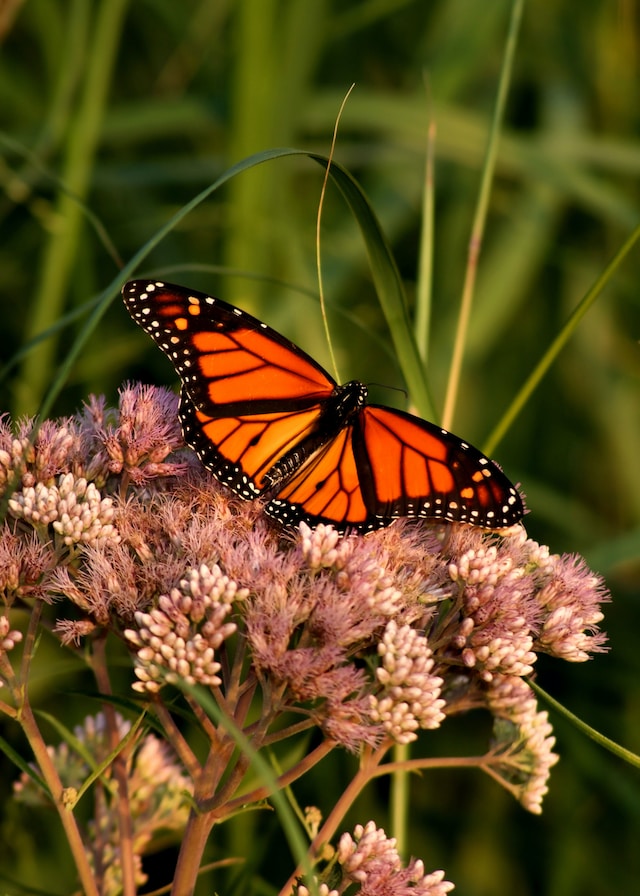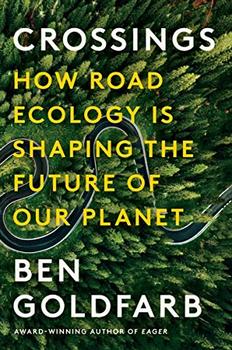 As Ben Goldfarb notes in Crossings: How Road Ecology Is Shaping the Future of Our Planet, we're in the midst of an insect apocalypse. It's largely agreed now that our planet is experiencing a sixth mass extinction event, and insect species are among the most imperiled.
As Ben Goldfarb notes in Crossings: How Road Ecology Is Shaping the Future of Our Planet, we're in the midst of an insect apocalypse. It's largely agreed now that our planet is experiencing a sixth mass extinction event, and insect species are among the most imperiled.
Habitat loss is a critical component, driven by road construction and its attendant development, as Goldfarb explores in his book. But for some species, he observes, roads have become an important albeit perilous refuge—monarch butterflies, for example, migrate and survive along Midwestern roadsides, one of the few places where the native prairie plants they rely on for food and nesting still survive.
Prairie used to cover millions of acres from Texas to the Dakotas, and from the front range of the Rockies to the Great Lakes. Multiple types of prairie evolved with different amounts of rainfall and other climatic conditions, with the most iconic being the tallgrass prairie that stretched across what is now...

 Book Reviewed by:
Book Reviewed by:






